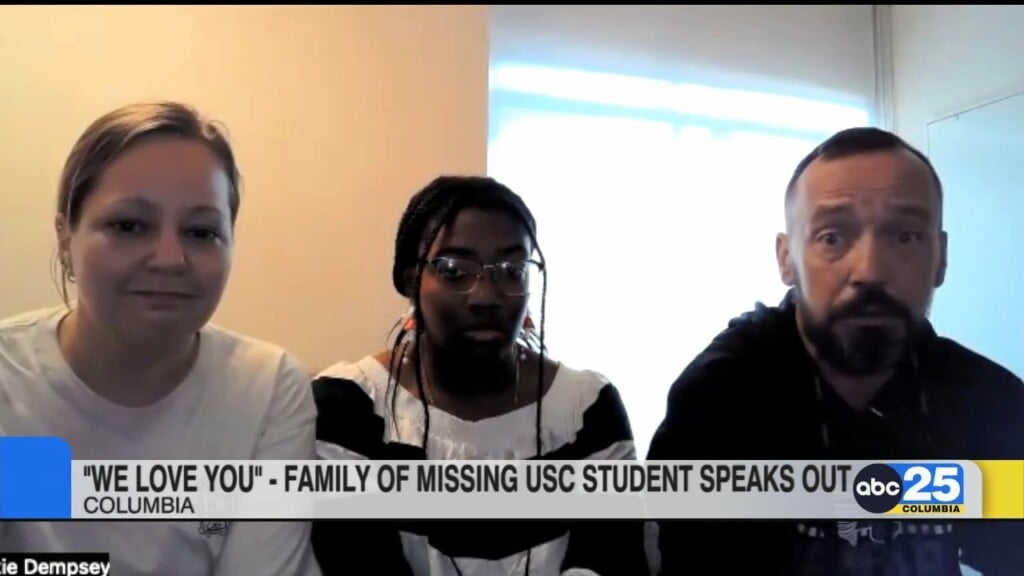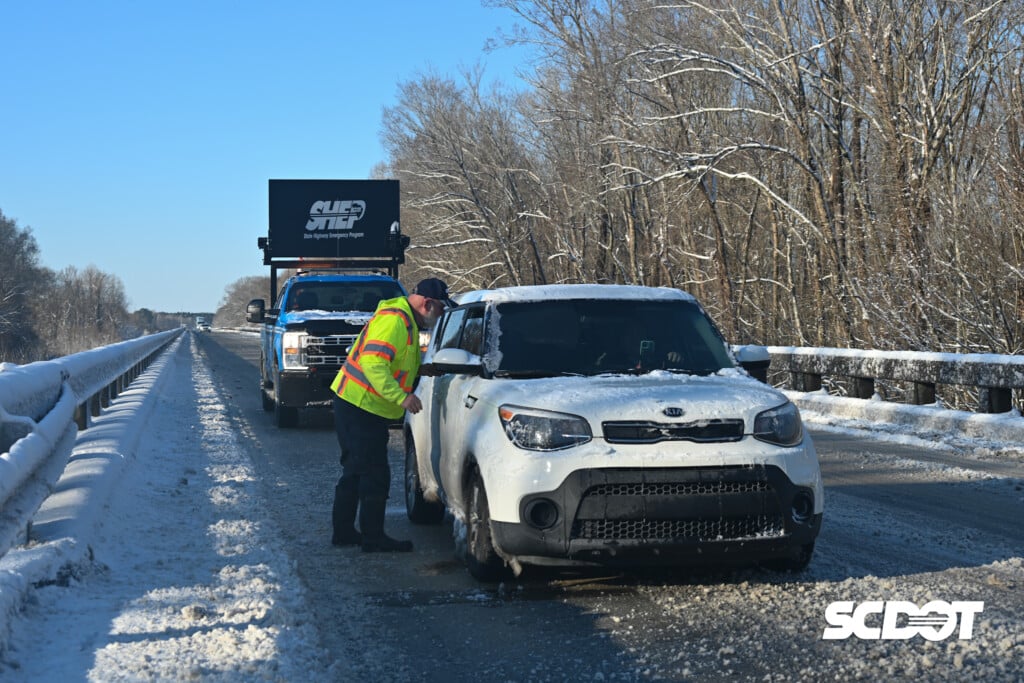As SNAP benefits halt, local food banks say they can’t fill the gap alone
COLUMBIA, SC (WOLO) — Each month, over 40 million Americans depend on federally funded food aid, better known as SNAP benefits, to keep meals on the table.
With the Trump administration confirming funds will not go out on November 1st, local food banks are seeing a heavy influx — but it’s a gap food bank volunteers say can’t be filled on their own.
“Unless something changes with the federal government shutdown, SNAP benefits will not be paid for the month of November,” says Connelly-Anne Ragley, Chief External Affairs Officer with the S.C. Department of Social Services.
While some states have pledged to keep SNAP benefits flowing even with the federal program halting payments, questions remain on if directives from the U.S. Government will allow that to happen.
In the meantime, other states — including South Carolina — are alerting folks to be ready for their benefits to stop.
“And one of the misnomers about SNAP is, it is not just working age folks that are on SNAP. SNAP benefits serve many different types of people, they serve senior citizens, or people that can’t work for disability reasons, and they serve a lot of children,” says Ragley.
In September, over 266,000 SC households received that help — totaling over $103 million.
It’s a cost that even larger food banks like Harvest Hope can’t fill the gap for, much less the smaller food pantries across the state, says Erinn Rowe, CEO of Harvest Hope.
“It is a critical time during the year anyway. We typically are low on donations at this point and time. People have to eat. We are here in times of crisis. With SNAP benefits running out, the lines are really long as you can see, people are already getting a sense of panic. And many state agencies are directing people to local food banks like Harvest Hope,” she says, adding, “The need is great. But we cannot step into the place of SNAP. It’s $100 million a month. And think through the amount of food that that provides for our 566,000 neighbors that are on SNAP. This has to be solved at a state level.”
Governor Henry McMaster’s Office sent out a press release Monday afternoon stating it will announce the activation of the “One SC Fund” on Tuesday morning in response to the loss of SNAP benefits — aimed at “assisting regional food banks and local feeding partners across the state.”
In the meantime, Ragley reminds everyone that the decision on SNAP benefits was a federal one — and not made in South Carolina, or by SC DSS.
“We had an employee that was attacked two weeks ago in Marlboro County and pepper sprayed in the face because her SNAP benefits weren’t approved. So, now is not the time for members of the public to take out their frustrations on DSS professionals or anyone in the space who is working to support their community,” says Ragley.
South Carolina’s Food Banks:
St. Martin in the Fields Episcopal Church (5220 Clemson Avenue, Columbia, SC 29206)
FoodShare SC (Columbia)
Lowcountry Food Bank (coastal South Carolina)
Second Harvest Food Bank of Metrolina (greater Charlotte area and upstate)
Harvest Hope Food Bank (Midlands and upstate)
Feeding the Carolinas (Helping North and South Carolina)
Golden Harvest Food Bank (Aiken and surrounding counties)

